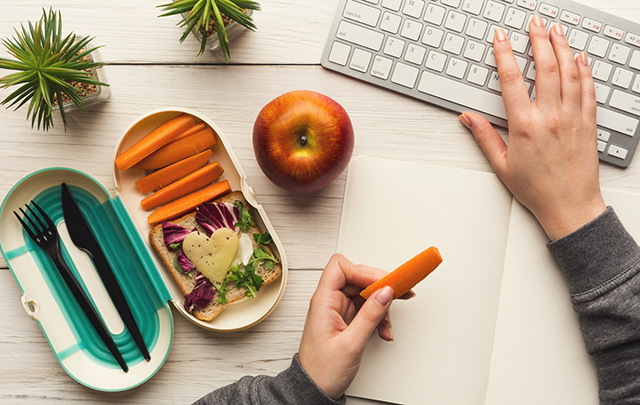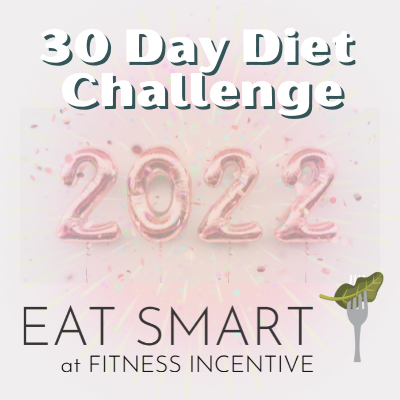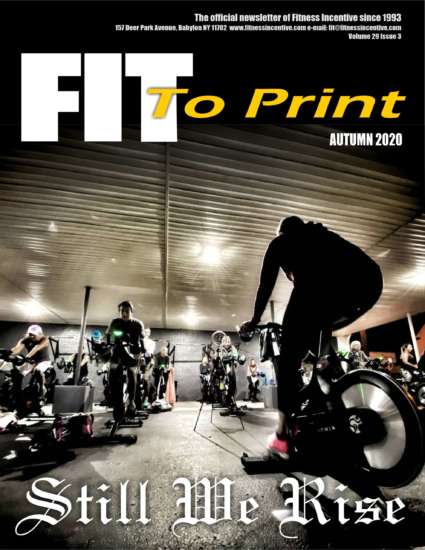
“…the weeks have gone by, and the weight has not. So what might be the reason?“
- Liz Keller

Why the Scale Isn’t Moving
Sure, you may have indulged in some “quarantine snacks” when the pandemic started, but now you’ve come up with a new workout routine and cut back on the snacking. You’ve seen all the memes about the “quarantine 15” or the chubby babies in bikinis, and although they were funny, you didn’t think it would happen to you. You thought you might even lose weight because your social life consisted mostly of Zoom chats and FaceTime calls. But the weeks have gone by, and the weight has not. So what might be the reason?
Your total daily expenditure has decreased.
Total daily expenditure, also known as TDEE, is the total amount of calories you burn throughout the day. This number includes all of your daily activities that involve energy and is influenced by three components. Number one is your resting metabolic rate (RMR), also referred to as basal metabolic rate (BMR), which is the number of calories your body needs to simply function. Think of the energy your body uses to pump your heart, expand your lungs, and turn on your brain. Your RMR is approximately 60-75% of your total daily expenditure. The other two components are the thermic effect of food and the thermic effect of physical activity. The thermic effect of food (TEF) is the amount of energy your body uses to breakdown food for metabolism. For example, high fiber foods require more energy for metabolism. That probably hasn’t changed much during the pandemic. But what has changed, almost for certain, is your thermic effect of physical activity (TEPA). Yes, you did some home workouts, but probably with lighter weights or no weights at all. And while TEPA also includes your daily steps, those may have dropped as well. For instance, you used to park your car and walk to and from the gym to get your workout. During the pandemic, all you had to do was walk from your bedroom to your living room. Although this may seem like a small difference, it adds up over the weeks and months of lockdown. Relative inactivity, along with other seemingly minor changes, could be the difference in burning enough calories to lose or maintain weight.
What To Do?
Swapping quick grab and go snacks, prepackaged items, and convenience foods for whole, real foods is one solution to this problem. The more fiber, complex carbohydrates, and fruits and vegetables you incorporate into your diet, the fuller you will feel, and the more calories your body will burn digesting those foods! Also, getting back to the gym, lifting some heavy weights, and feeding off other members’ energy is another way to increase your TDEE.
Your environment has changed.
Most people find themselves snacking more because it has become a new habit. I have previously coined the term “procrastin-eating” as a play on procrastinating that involves eating as a way to put off doing something you don’t want to do. Pre-pandemic, you may have been limited to the snacks you had packed for yourself that day when you fell into a bit of procrastin-eating. Now, working from home has made snacking between tasks easy – it’s a new routine.
What To Do
Figure out what your triggers are that make you look for a snack and plan for them. If you have multiple meetings scheduled for the day and find yourself snacking in between, prep snacks ahead of time to ensure they are healthy options and not a handful of your kid’s goldfish. If you find yourself having multiple triggers that cause you snack “all day,” schedule a specific time for a snack and other times for tea. Tea, including black, green, hibiscus, and other herbal teas, has numerous health benefits, including protection from cancers, heart disease, and diabetes. It’s also a great low-calorie snack alternative. Changing your environment also includes removing things from your environment. You can exert control over your situation by not buying snacks that will trigger you into a spiral. Plain and simple: If it is not in your house, you can not eat it. Try buying healthier alternatives like fruits, nuts, or popcorn. If you have kids and you buy snacks for them, portion them out in small snack bags. That way, if you do go to have this snack, at least it will be in moderation.
Your mindset has changed.
Sadly, anxiety and stress, which was a big enough problem before COVID, have become even more prevalent in our day-to-day lives. Chronic stress, caused by any reason, will trigger your body to produce the hormone cortisol. Along with hormones like adrenaline, cortisol is a player in the “flight or fight” reflex. Contrary to popular belief, cortisol itself is not inherently bad for you. It is actually used for fat and carbohydrate metabolism. It does this by stimulating insulin release and helps to maintain blood sugar levels. The problem with being anxious and stressed and continuously producing too much cortisol is that it can increase your appetite and cause cravings for sweet, high-fat, salty foods. With elevated cortisol levels, the body produces less testosterone, which can lead to a decrease in muscle mass. Some studies have shown that high cortisol levels can alter how your body stores fat, resulting in more belly fat.
What to do
The best ways to lower your cortisol levels are eating a balanced diet, getting enough sleep, and exercising. Exercise has been shown to not only reduce cortisol but to increase endorphins, which are chemicals in the brain that act as natural mood enhancers and painkillers.
Your Relationship with Food
If you have found yourself stuck or have recently put on some extra weight, don’t be too hard on yourself. One thing I always try to address with clients is working on their relationship with food, their self-image, and their mindset. It is normal to turn to comfort food to deal with anxiety, but feeling guilty about your eating or the way you look is even more unhealthy than consuming the extra calories.
If you would like my help with a meal plan, motivation to move more, or changing your mindset, contact me to set up an in-person or online consultation.
Email Liz at: eatsmart@fitnessincentive.com
Sponsored Links
About the Author

Liz Keller
Liz Keller is a Nutritionist with a bachelor’s degree in Nutrition & Dietetics from Queens College. She is a certified CDC National DDP Lifestyle Coach through Solera Health and is currently pursuing her master’s degree in Human Nutrition from Bridgeport University. She runs the Eat Smart program at Fitness Incentive.



